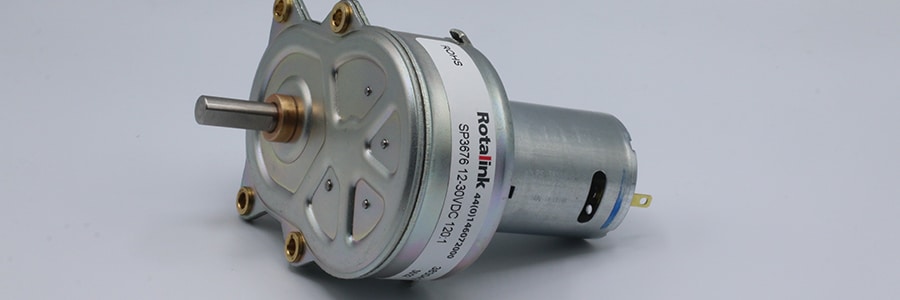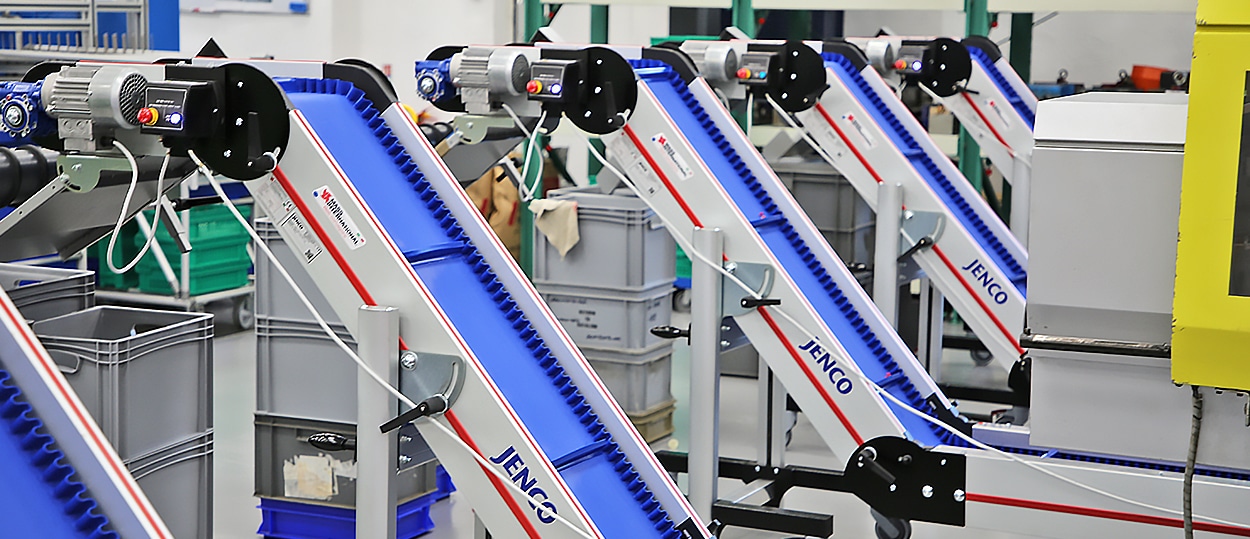Designs, advantages, disadvantages, and typical applications
Helical gears are cylindrical gears with teeth cut at an angle to the gear's axis, forming a helix shape. Unlike spur gears, which have straight teeth, the angled teeth in helical gears engage gradually, allowing for smoother and quieter operation. This makes them ideal for applications requiring high efficiency and reduced noise.
Design of Helical Gears
Helical gears consist of:
Helix Angle
The teeth are set at an angle, which helps distribute the load across multiple teeth.
Right-Handed and Left-Handed Gears
These gears work in pairs, with opposite-handed orientations ensuring proper engagement.
Durability and Efficiency
Designed for heavy loads and high speeds due to their ability to distribute stress evenly.
Advantages of Helical Gears
Smooth Operation
Gradual engagement of teeth reduces noise and vibration.
High Load Capacity
The diagonal engagement allows for more teeth to carry the load simultaneously.
Versatile Orientation
Helical gears can transmit power between parallel or perpendicular shafts, offering flexibility in design.
High-Speed Applications
With proper lubrication, helical gears provide reliable performance at high speeds.
Disadvantages of Helical Gears
Complex Manufacturing
Precision engineering is required, making them more expensive than spur gears.
Energy Losses
Higher friction compared to spur gears may reduce efficiency if improperly lubricated.
Applications of Helical Gears in Miniature Gearmotors
Helical gears are integral to many miniature gearmotor applications where smooth motion and quiet operation are critical. Examples include:
Medical Equipment
Drives for diagnostic machines and surgical tools benefit from quiet operation and precision.
Office Automation
Used in printers and copiers for seamless and noise-free paper handling.
Home Automation
Efficiently power smart locks, curtain motors, and other compact systems requiring high precision.
Small Robotics
Reliable for driving actuators and robotic arms where smooth, controlled motion is key.

Alternatives Offered by Rotalink
At Rotalink, we understand that helical gears may not suit every application. That's why we offer a variety of alternatives tailored to meet diverse needs:
- Spur Gears: Simple, efficient, and ideal for low-noise, cost-sensitive applications with parallel shaft configurations.
- Worm Gears: Provide high torque reduction and self-locking capabilities for compact designs.
- Planetary Gears: Compact, high torque density, and suited for space-constrained applications requiring precise motion.
These options ensure we deliver optimised solutions for any requirement.











